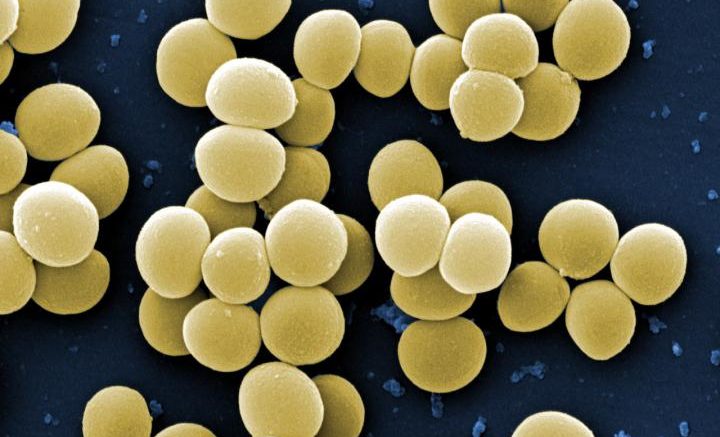Researchers at the Technion - Israel Institute of Technology have developed a technique to measure the long-term effects of antibiotic combinations, or cocktails. These combinations are of serious interest to the scientific and medical communities because the use of single antibiotics often leads to the rapid development of bacterial resistance to these drugs.
The research published in Nature was led by Technion researchers Roy Kishony from the Faculty of Biology and Dr. Viktória Lázár, a postdoctoral student in his lab who is now working at the Synthetic and Systems Biology Unit of the Biological Research Centre in Szeged, Hungary.
The researchers discovered that in many cases, a combination of several antibiotics may actually reduce the treatment’s effectiveness in the long term – meaning that the combination of drugs could prove to be inferior to the success of each individual drug. However, they point to specific combinations that do manage to prevent the development of resistance and thus protect the patient for a long period from the aggressive bacteria.
The bacterium tested in the study is Staphylococcus aureus, a particularly violent bacterium that has developed resistance to many types of antibiotics. This bacterium is responsible for a significant part of nosocomial infections. The study was conducted both in cultures of this bacterium in the lab and in an animal model – larvae of the Galleria mellonella moth.
The laboratory of Kishony develops methods that make it possible to estimate in advance the resistance of a given bacterium to a given antibiotic in the present and even to predict the resistance level it is expected to develop in the future. In the current study, a combination of different antibiotic drugs that prevent the formation of resistance was examined.
The researchers noted that the COVID-19 pandemic has increased the use of antibiotics, even though SARS-CoV-2 is not affected by antibiotics because it is a virus and not a bacterium. However, giving antibiotics helps COVID-19 patients to avoid secondary bacterial infections. With the growth of antibiotic use, the evolution of resistant Staphylococcus aureus strains accelerates.
